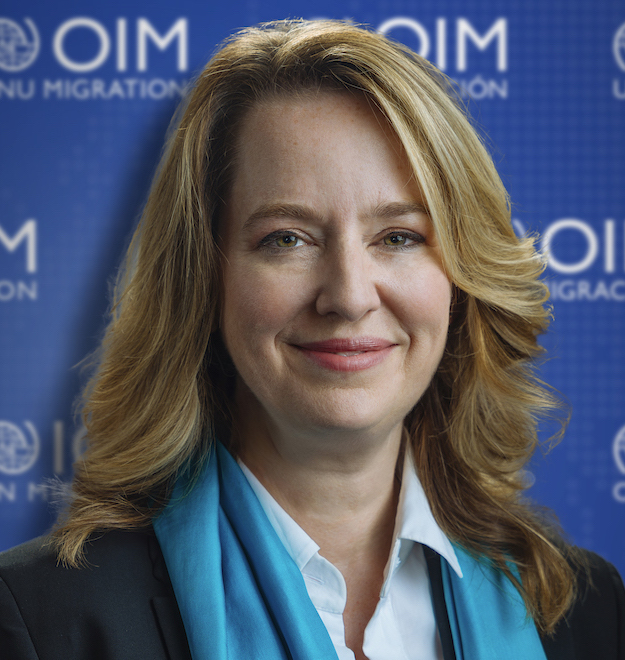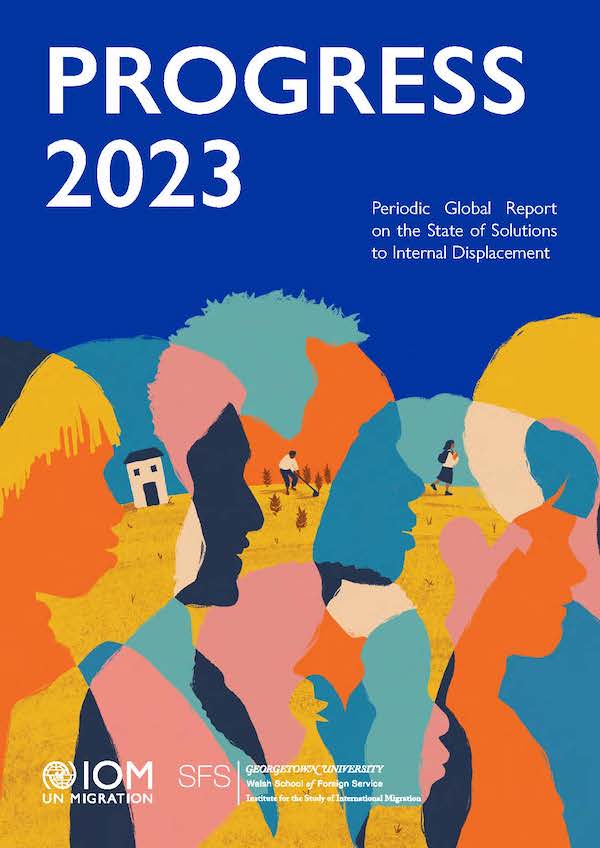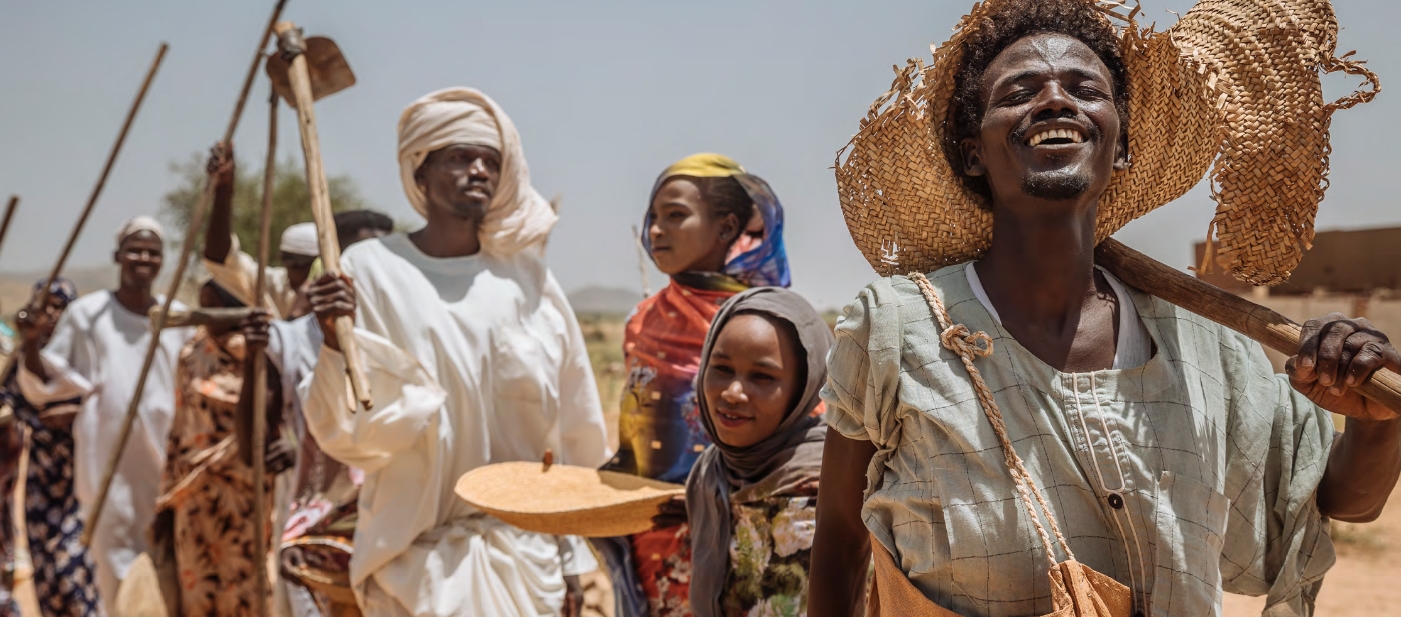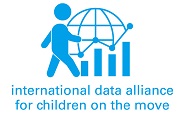
Amy Pope
IOM Director General
Foreword
Over the past 10 years, the number of internally displaced people (IDP) has more than doubled, from 33 million to 71 million. They are now in half of all the countries in the world, often driven to move because of the impact of climate change, conflict and other disruptions and hardships.
This inaugural (PROGRESS) initiative is intended to contribute to a people-centered, data-driven foundation for IOM’s work. We created this report in consultation with host communities, academia, international partners, governments, and most importantly, directly with people who have been displaced. We hope it will be insightful and useful for everyone working to drive solutions to displacement at scale, so we leave no one behind.
Read more
At the core of this report, and at center of IOM’s strategy, is data. For this report, IOM’s Global Data Institute and the Institute for the Study of International Migration at Georgetown University pulled data from 15 countries, which, together, have over half of all IDPs worldwide. The information and experiences illuminated in the data analysis provide a springboard for decision makers. Through this data, they can examine patterns and dynamics of displacement, pinpoint obstacles and identify promising potential solutions.
To develop services that integrate internally displaced people into new settlements, that reduce their vulnerability, and improve social cohesion, national governments and local authorities need data. To address these needs, this inaugural PROGRESS report advances the Action Agenda call for a fresh evidence-base approach. The report:
- Identifies the vulnerabilities of internally displaced persons that need to be addressed in order to develop durable solutions to their displacement.
- Reveals the challenges to moving people from displacement onto a pathway for their greater development, and practical solutions to those challenges.
- Uses existing data to document what was learned in producing the report, and charts out the next steps needed to get deeper, richer data that can help produce even solutions for internally displaced persons.
We are grateful to all our partners for their invaluable contributions in supporting the PROGRESS initiative. Future iterations of this report will focus on specific critical issues, such as climate change, where the potential for proactive work can be augmented through data and data analysis.
Close
IOM's First Periodic Global Report on the State of
Solutions to Internal Displacement
The IOM’s Global Data Institute (GDI) and Georgetown University's Institute for the Study of International Migration (ISIM) collaborated to create the first Periodic Global Report on the State of Solutions to Internal Displacement (PROGRESS). This analysis of primary data collected in 15 countries selected as pilots for the UN Action Agenda on Internal Displacement, offers people-centered and operationally-relevant insights to expand the evidence base about interventions that contribute to helping displaced communities find solutions and pathways out of displacement.
In collaboration with












